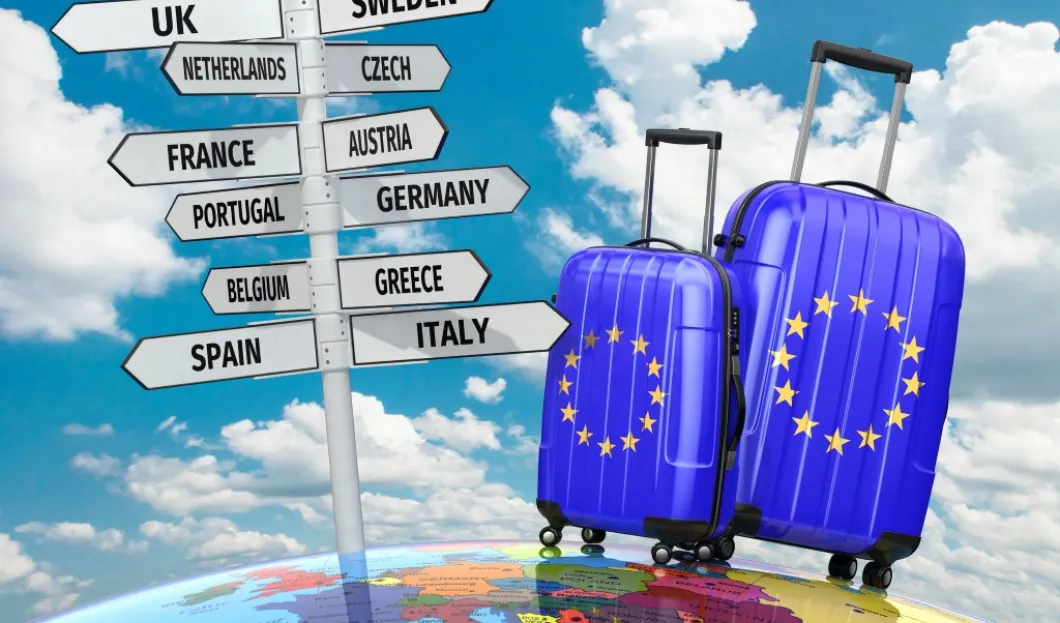
European tourism sector is booming. According to the European Tourism Commission's latest report "European Tourism 2017 - Trends & Prospects", 28 out of the 30 destinations registered growth in the arrivals of foreign tourists in the first half of 2017 - some even in the double-digit range.
On the top of the ranking is Iceland which reported 56 % more tourism arrivals. Significant growth is also reported by Montenegro (+ 25%), Malta (+ 23%) and Cyprus (+ 18%). These countries all show that they can also score increasingly in the off-season.
Finland (+ 18%) and Bulgaria (+ 17%) also belong to the countries boosting European tourism sector. Portugal, Serbia and Croatia (+ 15% each) reported significant increase as well.
Spain (+ 12%), Great Britain and Hungary (+ 11%) are also satisfied. Germany (+ 4.8%), Switzerland (+ 4.9%) and Austria (+ 2.5%), on the other hand, are at the lower end of the table.
In the first half of 2017, only two destinations registered declining arrivals. Turkey lost a further 8.1% of its guests compared to the already catastrophic year 2016, and Norway reported a drop of 7.2%. Italy and Greece did not provide any numbers.
Practically all European destinations profit from the positive economic situation in the euro zone, which has led to a significant increase in the number of tourists from Germany, France and Italy. Most countries also recorded a marked growth from the UK, in particular Croatia (+ 40%) and Bulgaria (+ 26%).
In the case of tourists from Russia, the downturn in the past few years has not yet been fully absorbed, but the trend is clearly positive again – and the forecasts for the next few years as well. In the US, economic growth and favorable flight conditions also led to more trips abroad, boosting European tourism sector as well. By 2021 an average growth of 6% per year is predicted.

Lower increments were recorded among tourists from China and Japan, which is likely to be due to Europe-wide security concerns. Nonetheless, for both markets, growth of 14% and 5% is expected in the first half of 2017.











